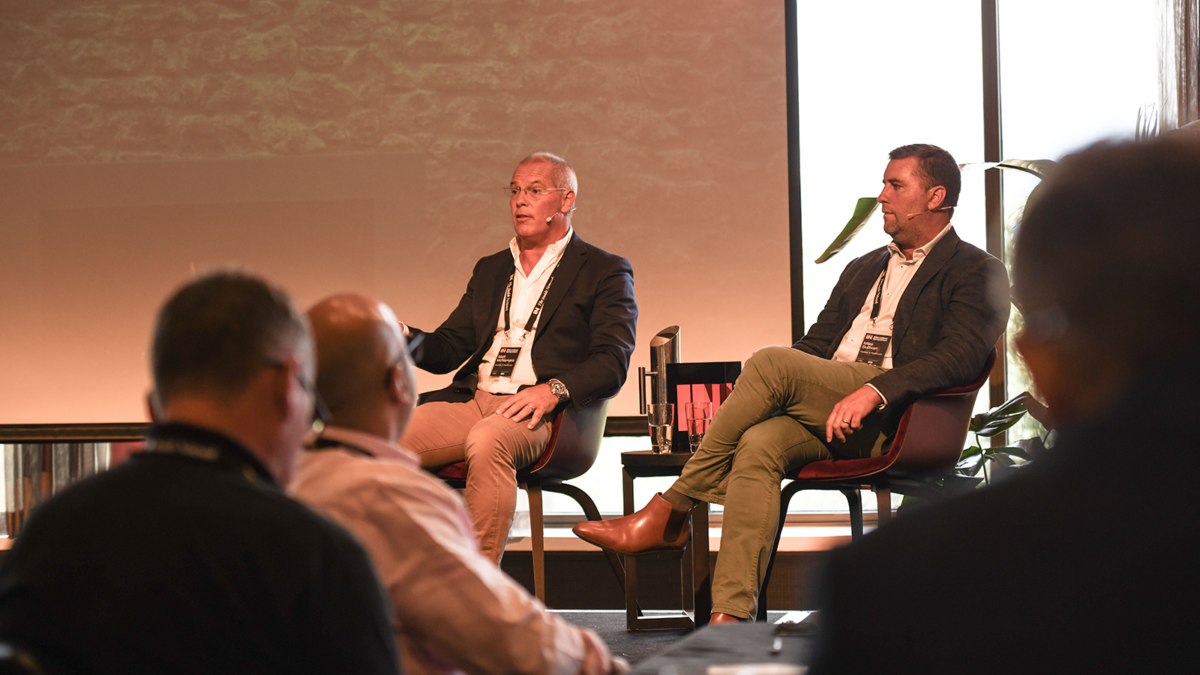The red flag that means the most to disciplined PE managers
The phrase ‘to kill your darlings’ is a literary analogy put forward by English writer Arthur Quiller-Couch, who used it to encourage writers to eliminate parts of a book they love, but that ultimately don’t support the overall story.
For private equity managers, the same need arises when a company they’ve put time and money into researching doesn’t warrant further investment. It’s a tough part of a portfolio manager’s role, but without the discipline to enforce effective screens and the ability to say ‘no’, the manager becomes a conduit for ineffective allocation of private capital. Money gets wasted, in short order, and fund returns get diluted.
According to Nick Dignam, partner at Brisbane-based private equity purveyor Fortitude Investment Partners, the process of letting go and saying ‘no’ is one of the most important elements of a manager’s role.
“I’ve found it’s the hardest discipline to build as a manager,” Dignam told advisers and investors at the recent Investment Leaders Forum in Byron Bay. “It’s certainly something I’m getting better at, as an investment professional, but it is difficult when you spend months and the firm spends a lot of money on due diligence, for what becomes an unsuccessful deal base. It’s very difficult to walk away at the end.”
Managers need to be keenly aware of red flags that present themselves during the discovery and due diligence process. For Dignam, there’s one that waves brighter than any other.
“I’d say loss of trust is the big red flag,” he said, before explaining the kind of circumstances that erode trust for a manager.
“[It happens] when something’s been represented to be a certain way, and at the end of the diligence process you find that not to be the case, and there’s evidence, or an inkling, or a gut feel that the people you’re talking to were aware of that,” he said.
Withholding information or deliberately obfuscating a situation, Dignam explained, may involve the prospect of a mooted regulatory change that could change the potential of a venture. “We’ve actually just been through the process with a healthcare company assessment, which was a really exciting opportunity in personalised medicine,” he recalled. “There was an emerging view that there was potentially some regulatory change on the horizon so we paused on that opportunity.”
Of course, he adds, the burden of responsibility to make sure robust research on companies and markets has been completed sits with the managers themselves. “If you’ve done the work, you’ll catch the obvious things,” he said.
But it’s the changes in circumstance for the business or the market along the way that don’t get shared with potential investors that causes a loss of trust, he continued. And trust may be hard to earn, but it’s even more difficult to re-earn. “It changes your perception of the people, which can be the thing that causes the deal to fall over in the last minute.”











